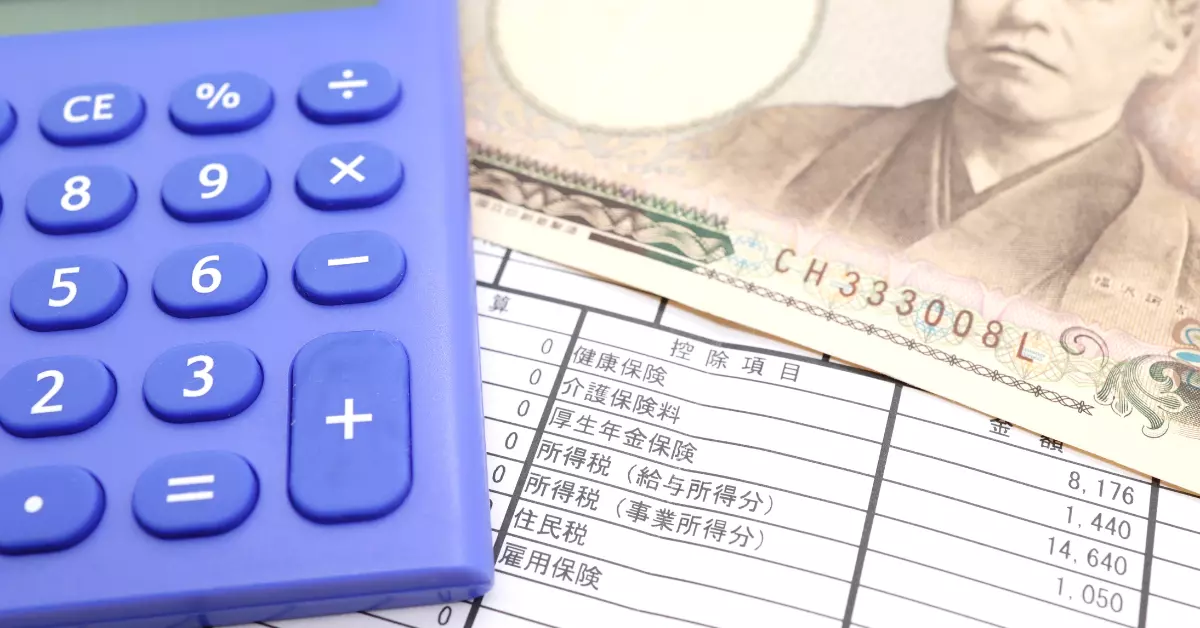How Do Landlords Verify Pay Stubs? The Dos and Don’ts
Landlords verify pay stubs by asking prospective tenants to provide copies of their pay stubs or income tax returns. This allows landlords to confirm the prospective tenant’s income and ability to pay rent.
Landlords also use this information to calculate the tenant’s debt-to-income ratio, which is an essential aspect of the rental application process. Some landlords may also verify income by contacting the tenant’s employer directly.

Understanding The Importance Of Verifying Pay Stubs
When it comes to renting a property, landlords often ask for various documents from tenants to ensure that they can afford the rent. One of the most common documents that landlords ask for is pay stubs.
Pay stubs provide information about an individual’s income, making it easier for landlords to ascertain whether they can afford to rent the property or not.
However, it’s important to understand the importance of verifying these pay stubs before making any decisions.
Definition Of Pay Stubs
A pay stub, also known as a payslip or paycheck stub, is a document provided by employers to their employees that includes details about their earnings, deductions, and net pay.
It contains information about an individual’s gross pay, net pay, taxes withheld, and other deductions such as insurance, retirement contributions, and so on.
It serves as proof of income and is often required by landlords as a part of the tenant screening process.
Why Do Landlords Need To Verify Pay Stubs?
As a landlord, it’s important to ensure that your tenants can afford to pay rent on time. Verifying pay stubs gives landlords a clear picture of an individual’s income and financial stability.
It helps them determine whether the tenant can afford to make monthly rent payments and whether they are financially responsible enough to maintain the property.
By verifying pay stubs, landlords can avoid renting to tenants who have a history of late payments or unpaid rent.
Legal Obligations For Landlords To Verify Income
Landlords have a legal obligation to verify a tenant’s ability to pay rent. This is because the inability to pay rent can lead to eviction, which can be a costly and time-consuming process for landlords.
Additionally, landlords are required to comply with fair housing laws that prohibit discrimination on the basis of income.
By verifying pay stubs, landlords can ensure that they are not discriminating against tenants based on their income level.
Verifying pay stubs is an essential step in the tenant screening process that helps landlords determine whether a tenant is suitable for renting a property.
Top Ways That Landlords Verify Pay Stubs
Are you a potential tenant who wants to know how landlords verify pay stubs? The process might seem daunting, but don’t worry, we got you covered. Here are the top ways landlords verify pay stubs:

Requesting Paper Pay Stubs
Many employers provide paper pay stubs to their employees, which they use to track how much they’re paid.
Some landlords may ask potential tenants to provide these pay stubs as proof of income. Here are some important things to consider:
- Landlords may ask for a certain number of pay stubs over the past few months or even a year.
- Make sure that your pay stubs include essential information such as your name, the pay period, gross earnings, net earnings, taxes, deductions, and year-to-date earnings.
- If your employer doesn’t provide paper pay stubs, don’t panic! Read on to learn about other ways landlords can verify your income.
Verifying Via Electronic Pay Stubs
In this day and age, many employers provide electronic pay stubs to their employees. These pay stubs can be accessed online or sent via email.
Landlords can also use this information to verify income. If your employer provides electronic pay stubs, here are some things to consider:
- Make sure that the electronic pay stubs include the same information as paper pay stubs.
- You can print out the electronic pay stubs or provide your landlord with access to them online.
- If you don’t have access to electronic pay stubs, read on to learn about other ways landlords can verify your income.
Contacting Employers Directly
Sometimes landlords may want to take a proactive approach and contact your employer directly to verify your income. Here are some things to consider:
- Before contacting your employer, landlords need to get your consent first.
- Landlords may ask for employment verification, which includes your position, salary, length of employment, and if you’re a reliable employee.
- Make sure to inform your employer that your landlord may contact them for income verification.
Verifying With Background Check Services
Landlords may also use background check services that specialize in income verification. These services use your social security number to access your tax records and bank statements. Here are some things to consider:
- You’ll need to provide your consent before your landlord can use these services.
- These services can verify your income, employment history, credit score, and other financial information.
- Make sure that the background check service that your landlord uses is reputable and trustworthy.
Landlords have various ways to verify a potential tenant’s income. By providing accurate pay stubs, granting consent for a background check, or employer verification, you can show your landlord that you’re a reliable tenant.
Challenges And Risks In Verifying Pay Stubs

Common Obstacles Landlords Face In Verifying Pay Stubs
Verifying pay stubs is an essential step in the rental application process, but it’s not always a straightforward process. Landlords often come across a few obstacles, including the following:
Self-employment
Applicants who are self-employed or work in the gig economy might not have traditional pay stubs, making it difficult to verify their income.
In such cases, landlords should request bank statements and even consider running credit checks to gauge an applicant’s financial stability.
Forgeries
In some instances, applicants may submit fraudulent pay stubs to exaggerate their income. Landlords can avoid this pitfall by requiring that pay stubs come directly from an employer rather than through the tenant.
Hacking
Data breaches can expose an applicant’s sensitive data such as pay stubs, thus putting the landlord at risk of being hacked. Hence, landlords need to implement secure data management practices to safeguard this data.
Mitigating The Risks Of Fraudulent Pay Stubs
Landlords can take the following precautions to reduce the risk of fraudulent pay stubs:
Direct verification
When possible, landlords should contact an applicant’s employer to verify employment and income rather than relying on pay stubs. This can be a highly effective way to thwart fraud.
Screen potential tenants
Like running credit checks and criminal background checks, landlords should also screen an applicant’s employment history. Doing so can help weed out fraudulent and unreliable renters.
Third-party verification
Landlords can enlist third-party services that specialize in verifying employment and income. While an extra expense, it can provide peace of mind that an applicant is being truthful about their financial situation.
Legal Limitations On Verifying Pay Stubs
It’s important to note that landlords must comply with various laws, including fair housing laws and privacy laws, that govern the tenant screening process. Here are some legal limitations that landlords encounter:
State and federal laws
Landlords must adhere to state and federal laws that protect tenant privacy and prohibit discrimination in the tenant screening process.
For instance, while landlords can collect income information, they must follow fair credit reporting act guidelines when accessing an applicant’s credit report.
Consent
Before verifying an applicant’s pay stubs, landlords must obtain their written or verbal consent to do so. Failing to do so could open landlords up to potential lawsuits.
Proper documentation
Landlords must keep a record of all verification attempts and the documents they receive from applicants. This helps to prevent legal issues that may arise from future disputes or audits.
Frequently Asked Questions Of How Do Landlords Verify Pay Stubs?
How Do Landlords Verify Pay Stubs?
Landlords verify pay stubs by checking if they are genuine and free of tampering.
Can Landlords Ask For Bank Statements?
Yes, landlords can ask for bank statements as it can help in verifying income.
Why Do Landlords Ask For Pay Stubs?
Landlords ask for pay stubs to verify the tenant’s income and ensure they can afford rent.
What If I Don’t Have A Pay Stub?
If you don’t have a pay stub, you can provide alternative documents such as a tax return, employment contract, or bank statement.
Conclusion
Navigating the rental market requires trust, and verifying pay stubs is key. As a tenant, you’ll provide this vital information to prove your income.
Landlords assess pay stubs, confirming your employment and earnings, ensuring you meet the criteria for the property. It’s a simple step that builds confidence between you and your future landlord.
Reference
https://www.kten.com/story/41948561/heres-how-landlords-verify-income